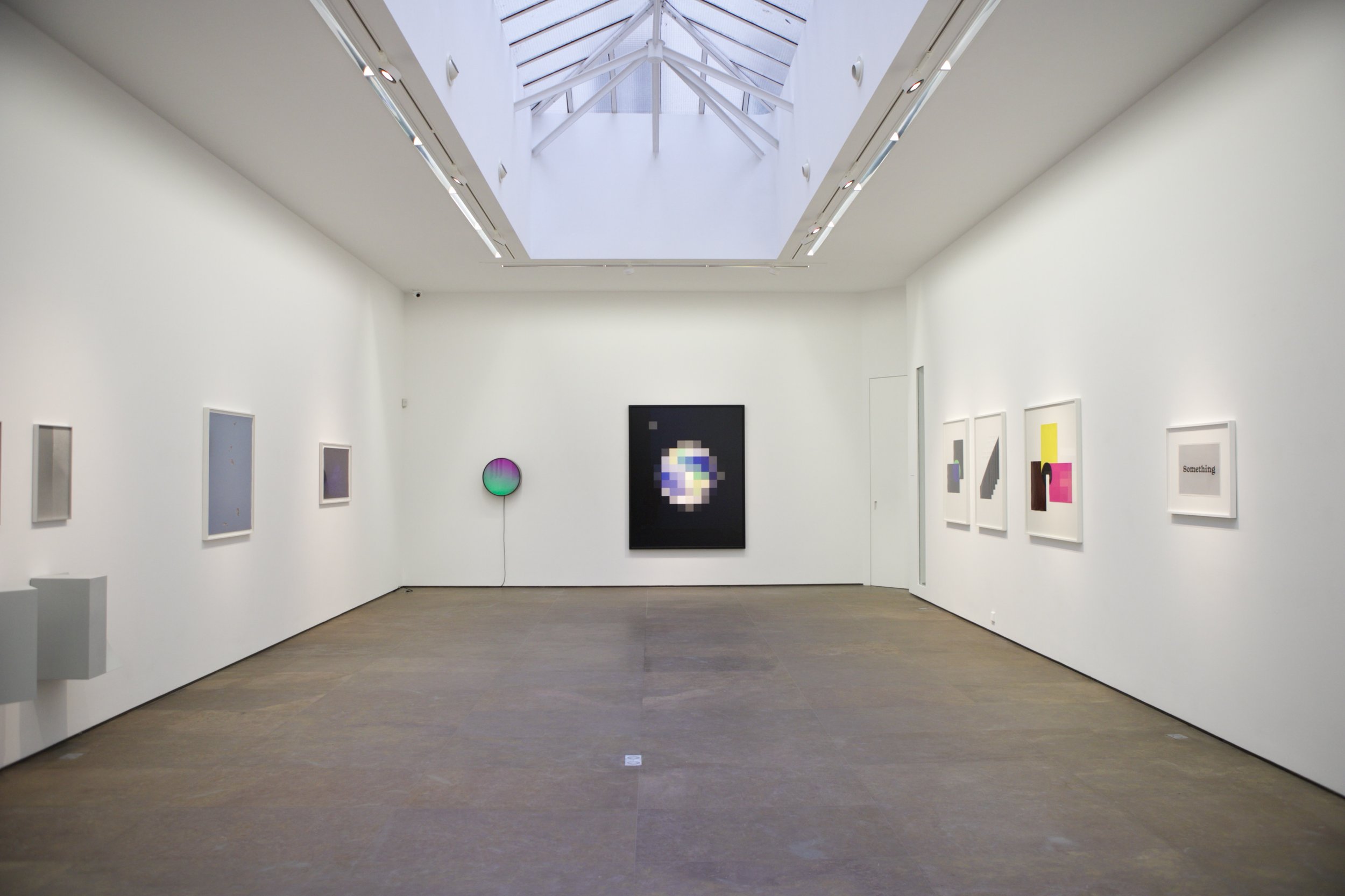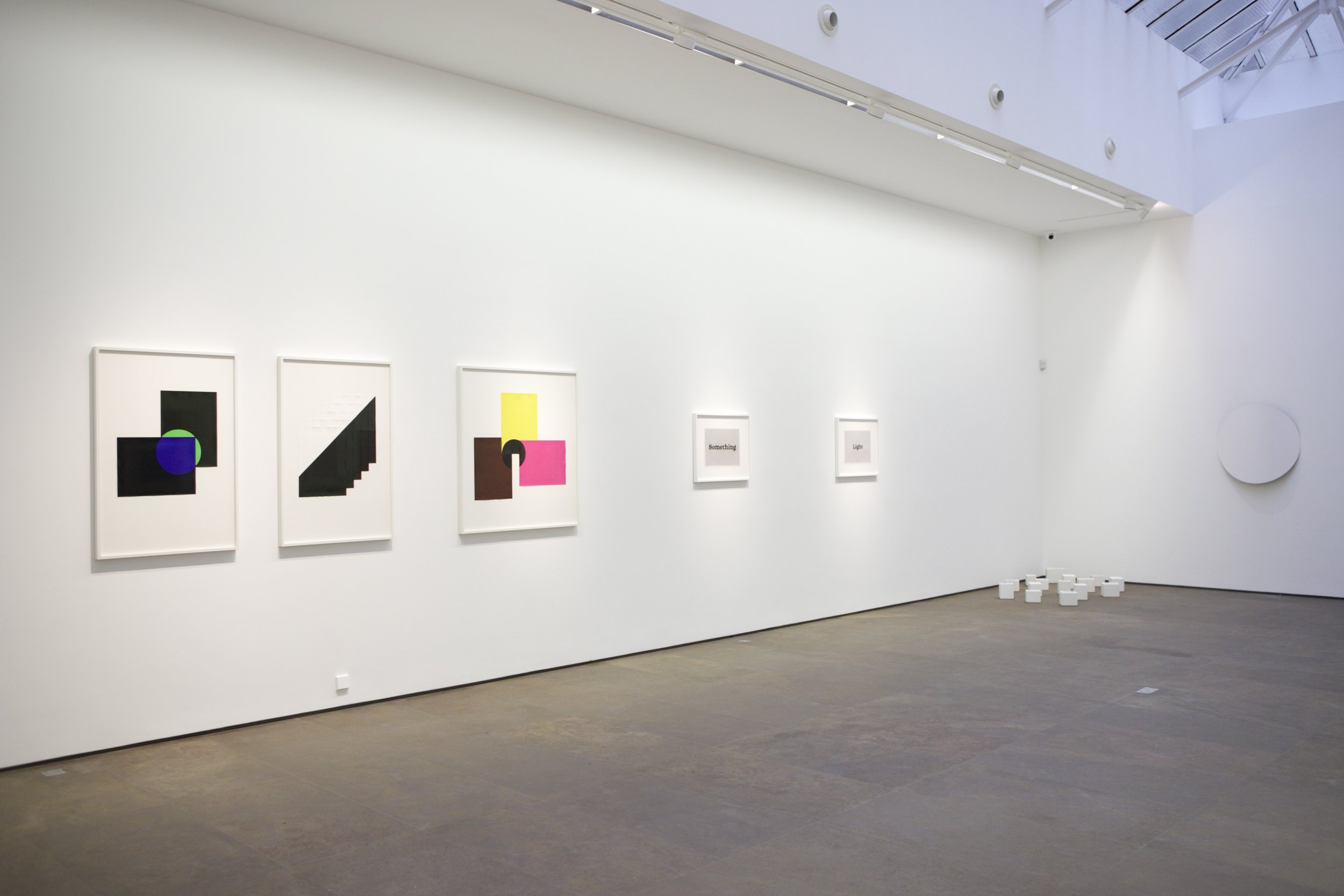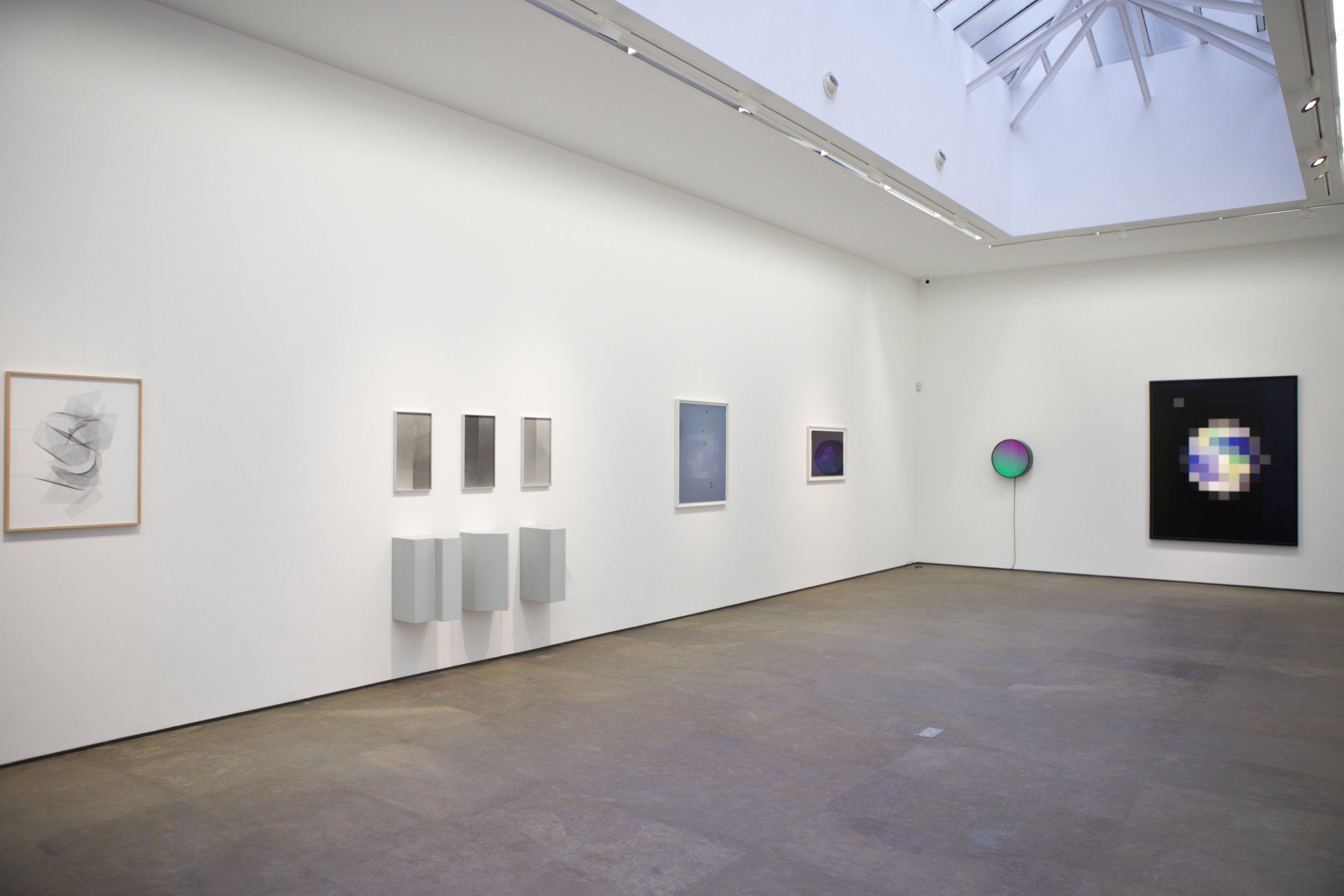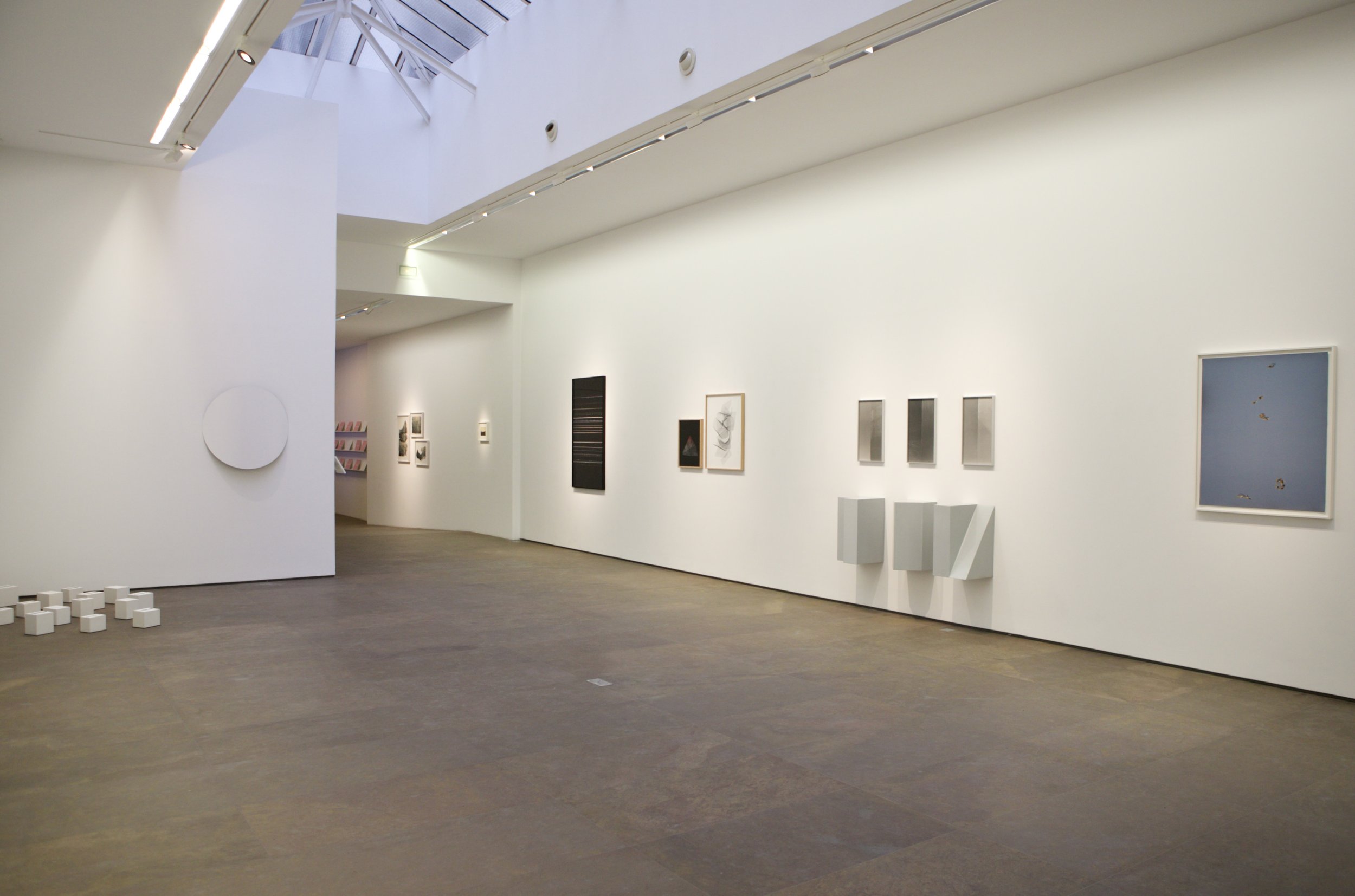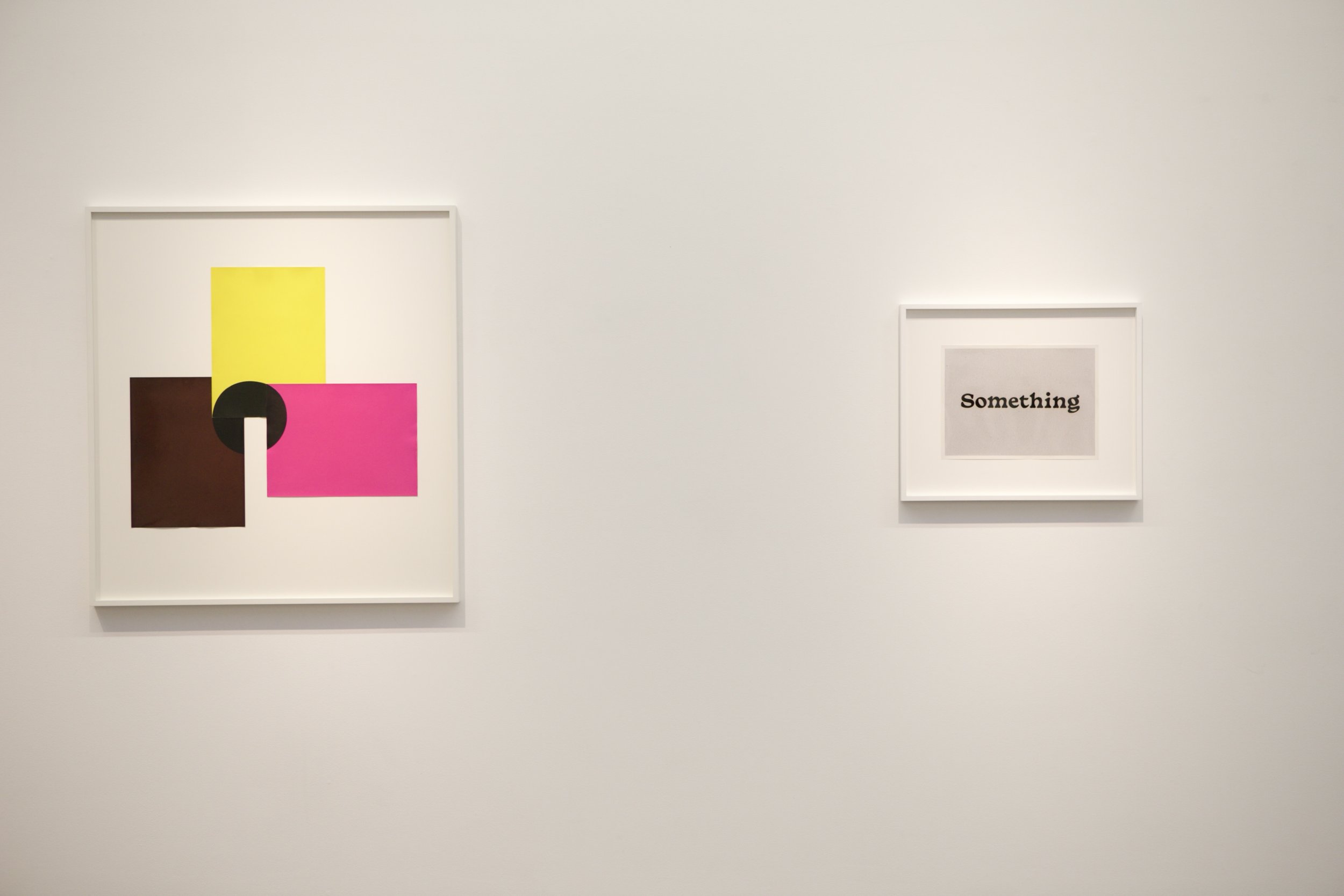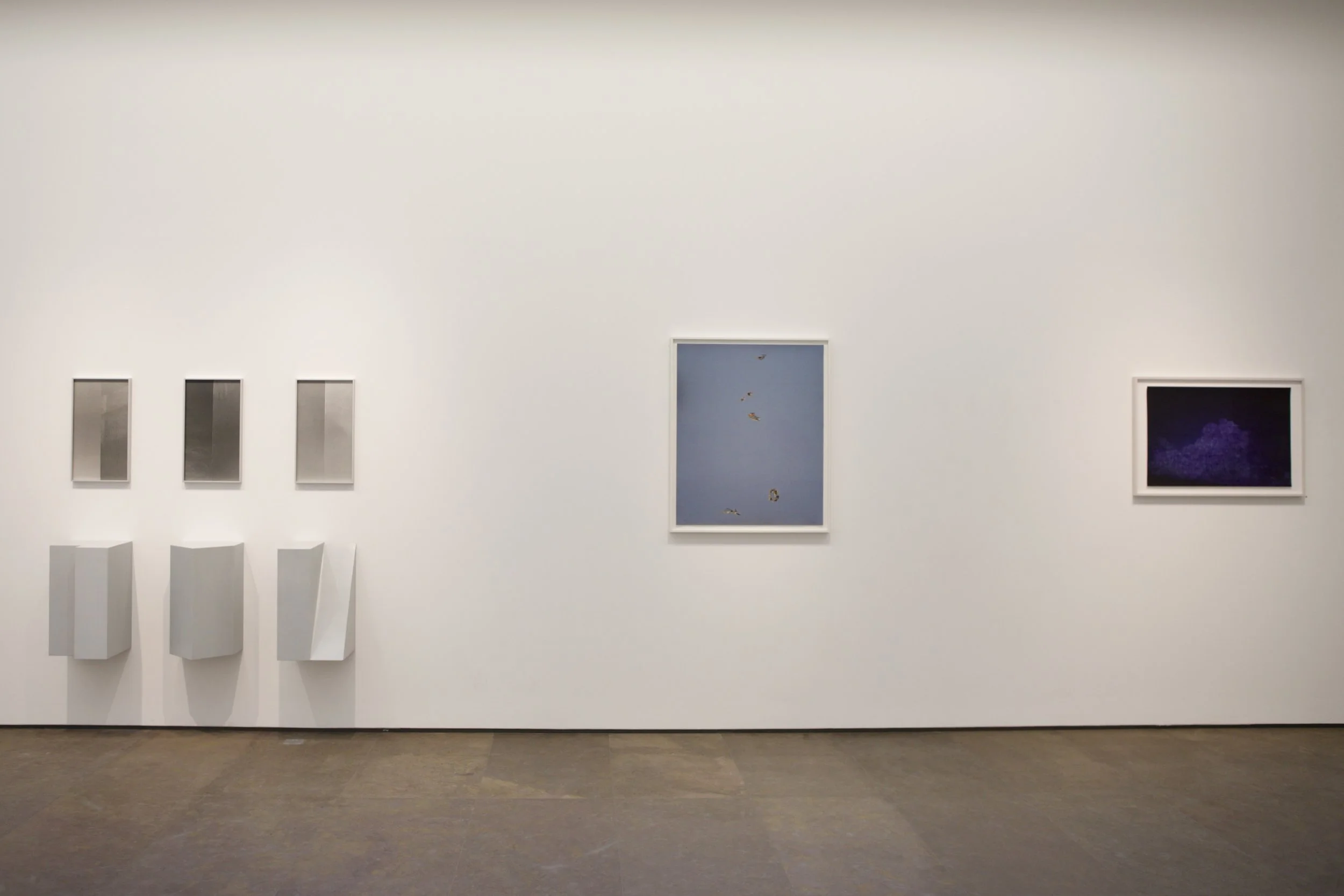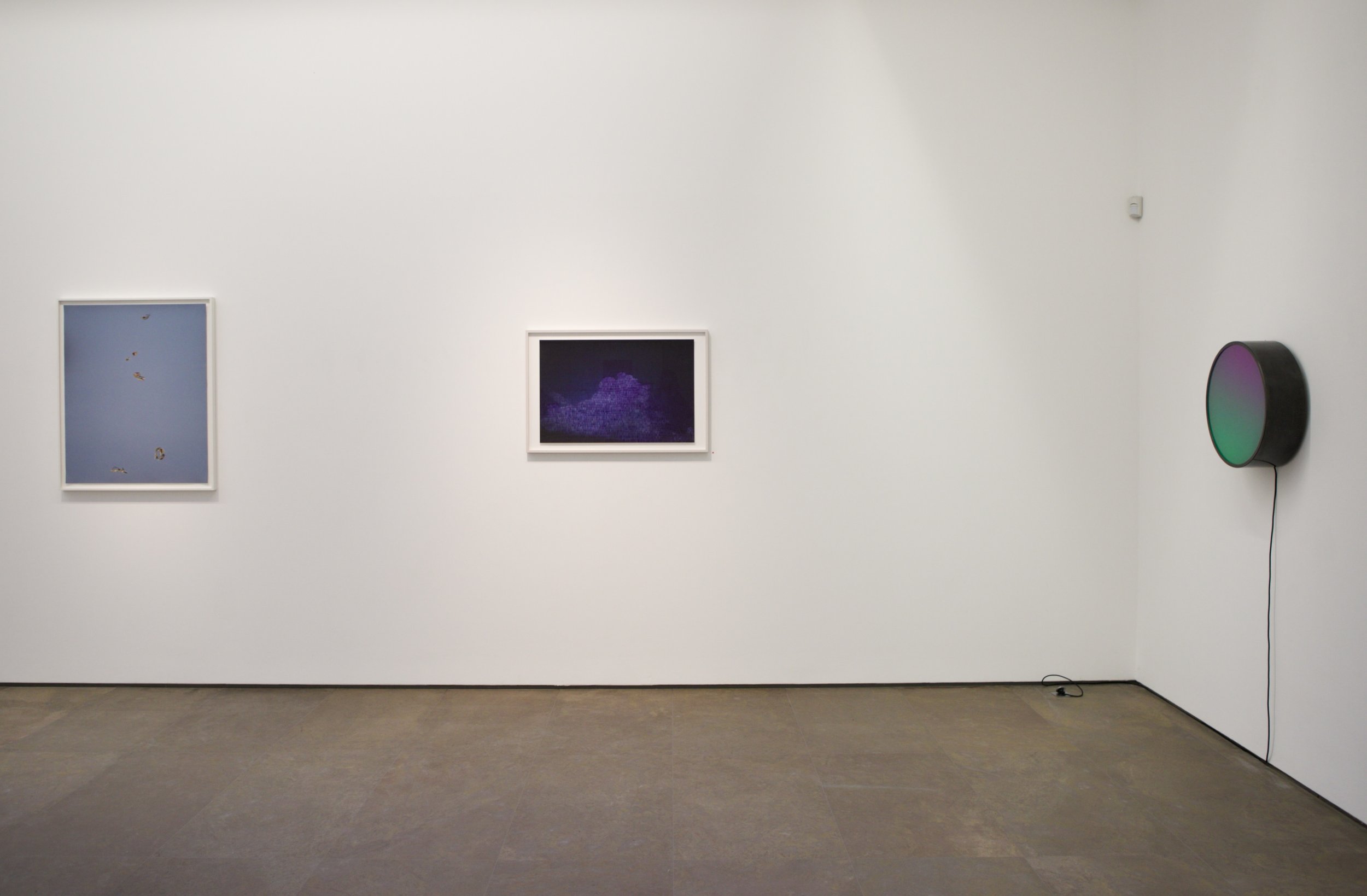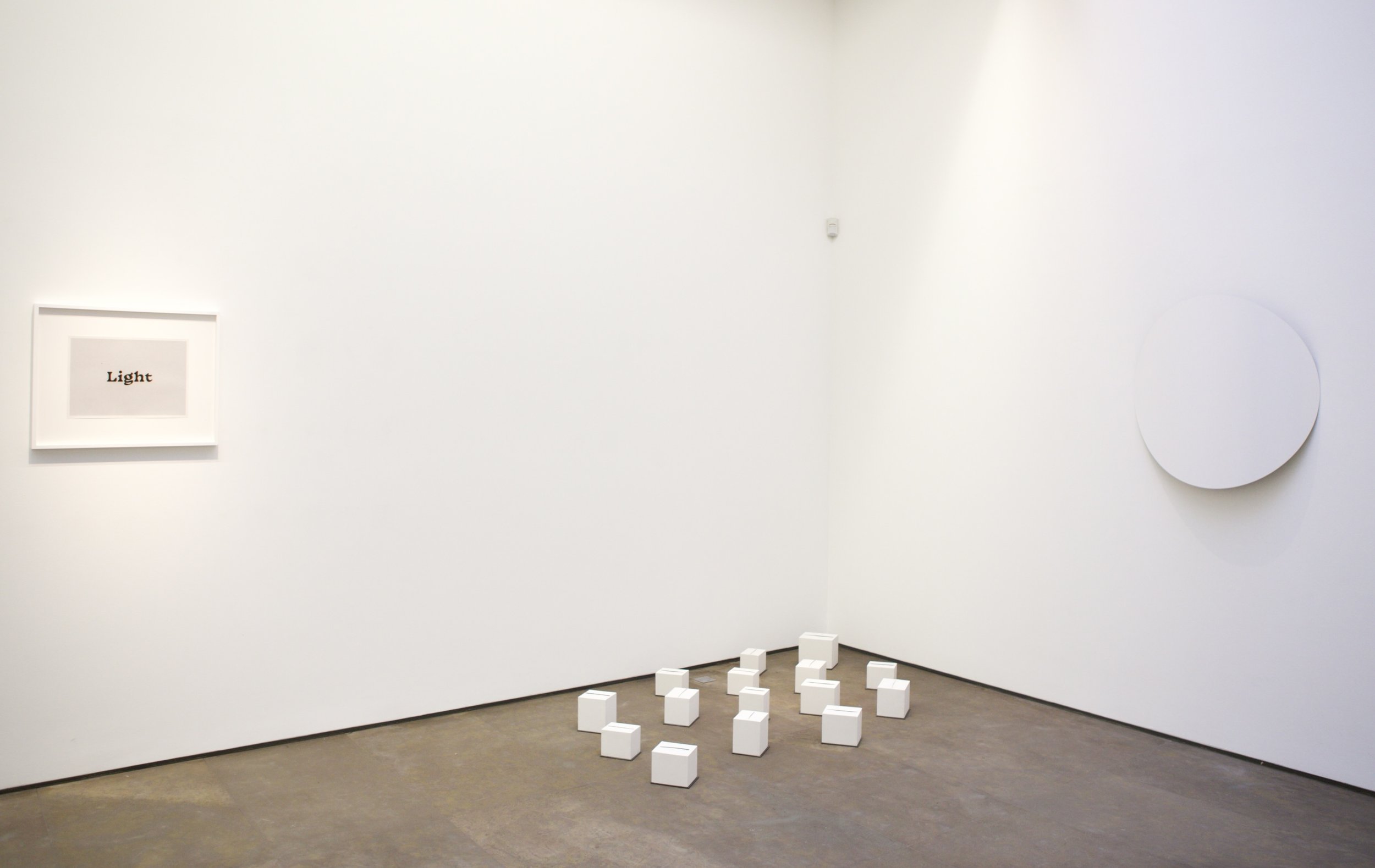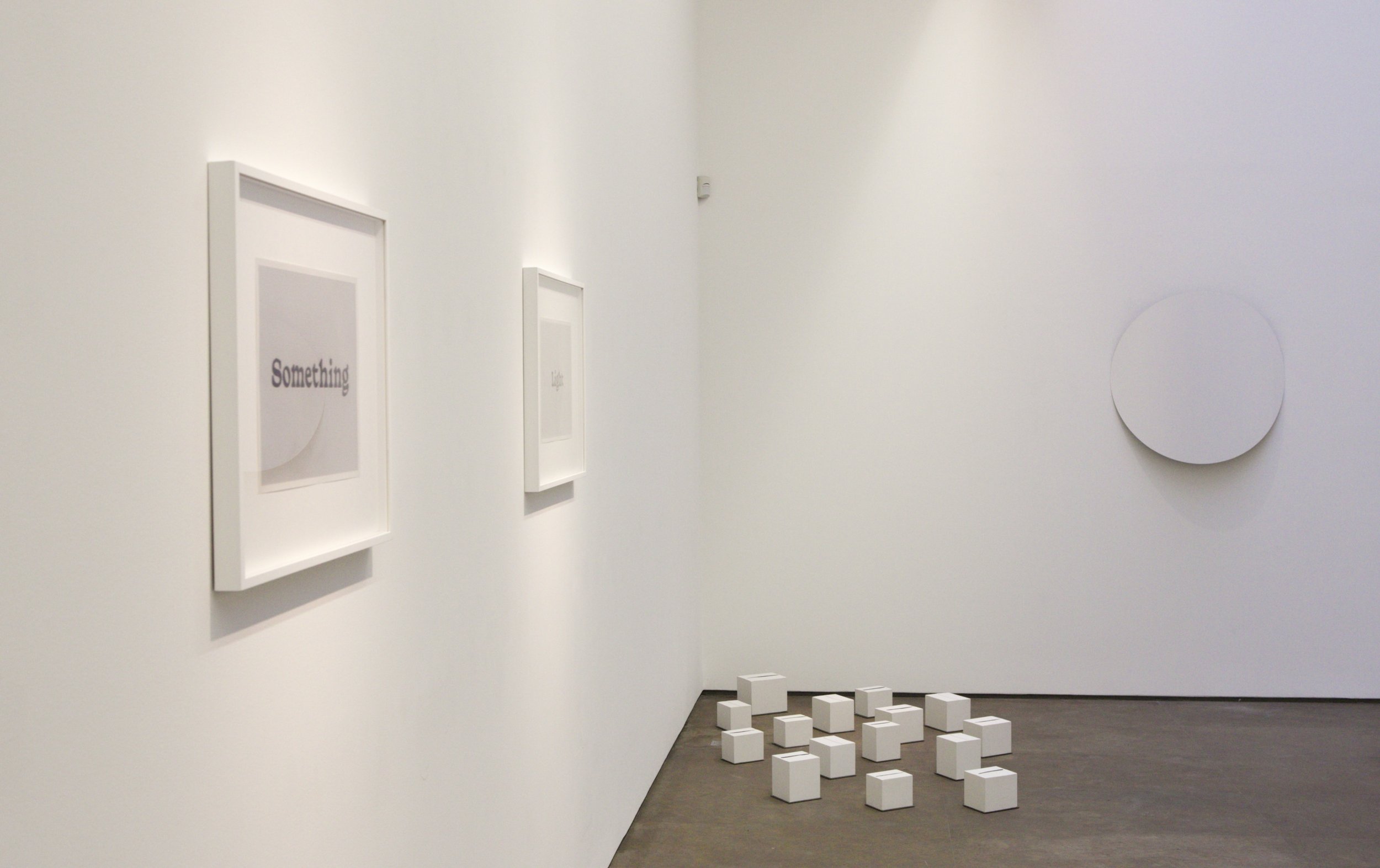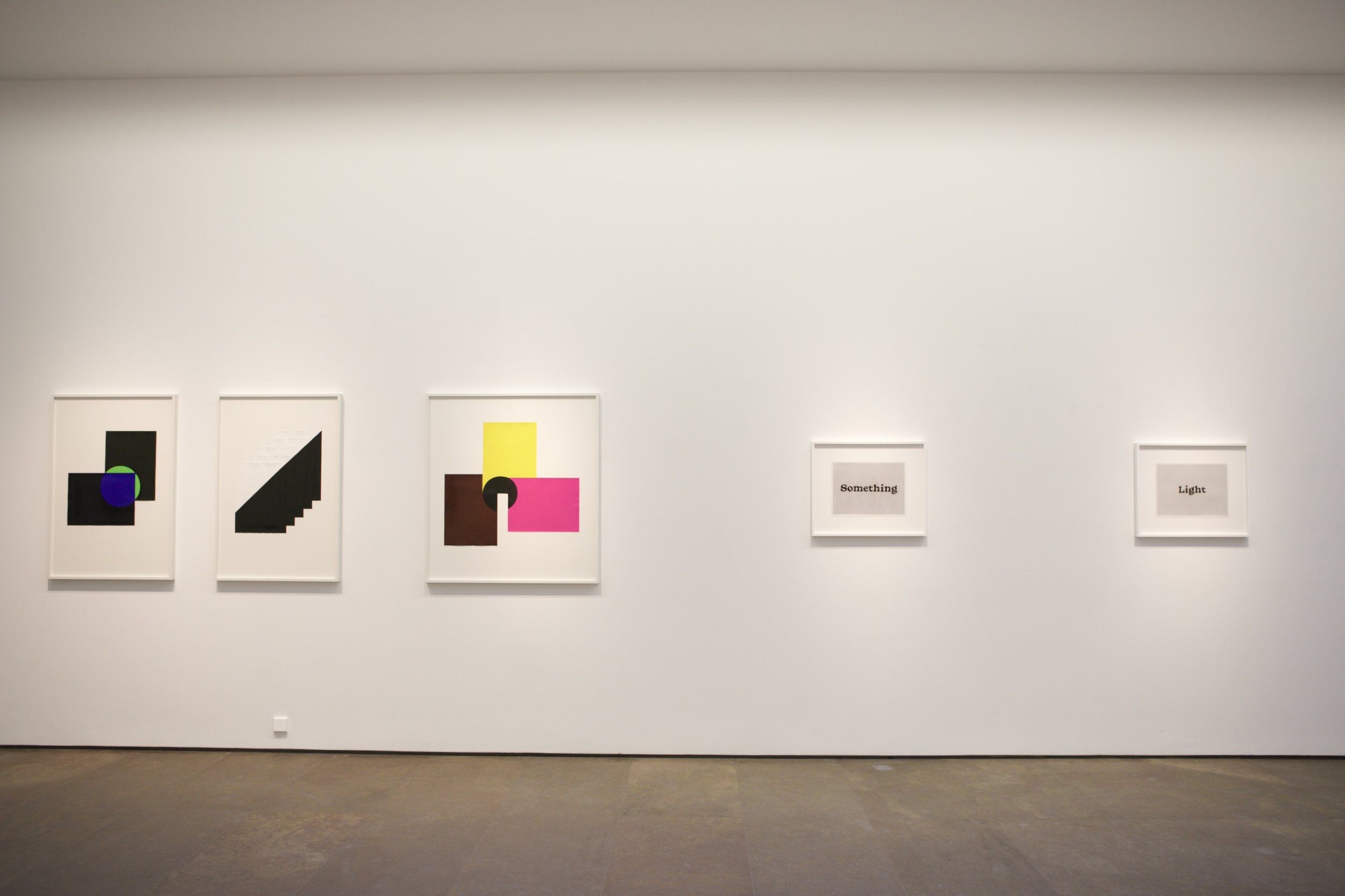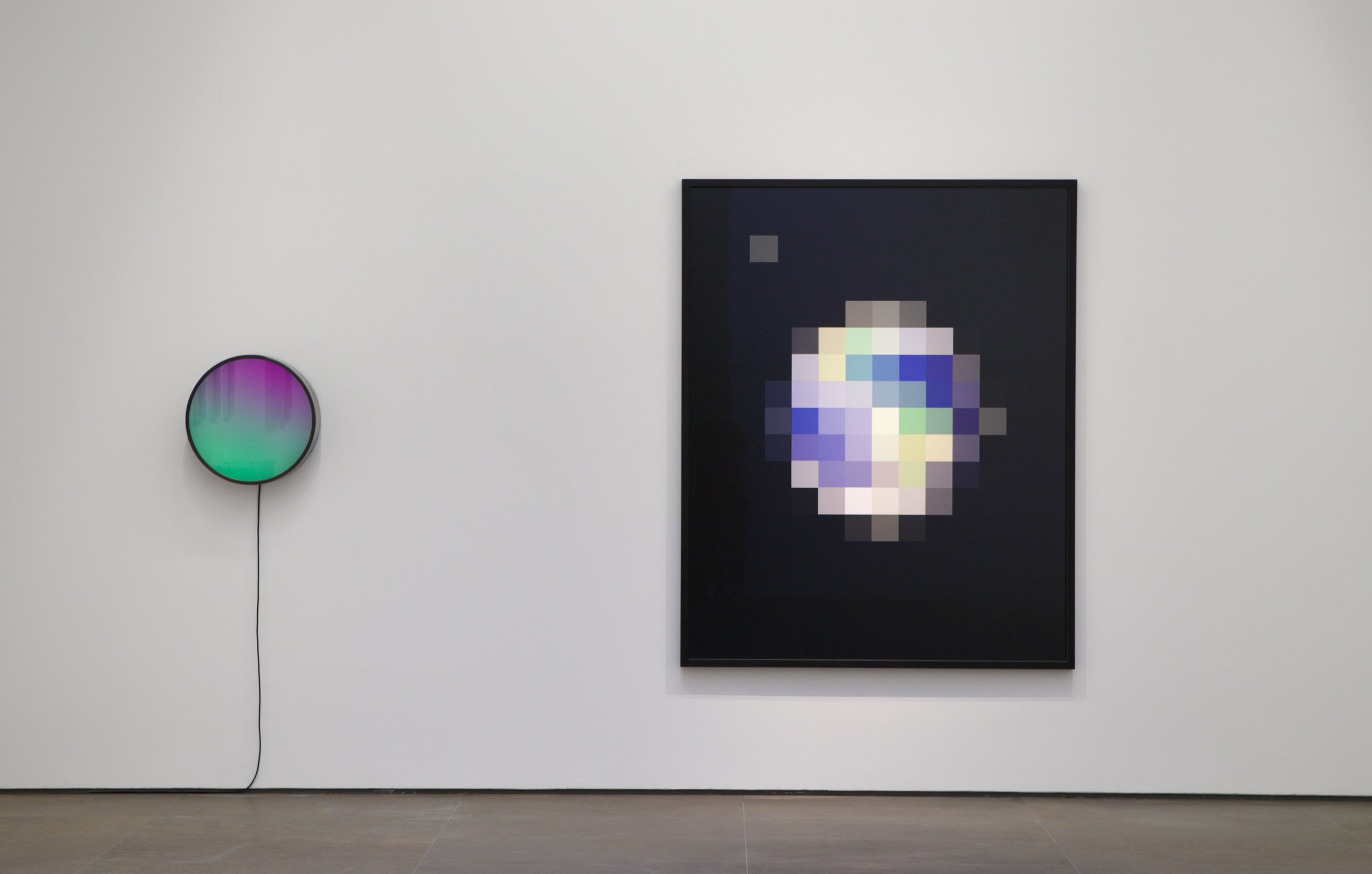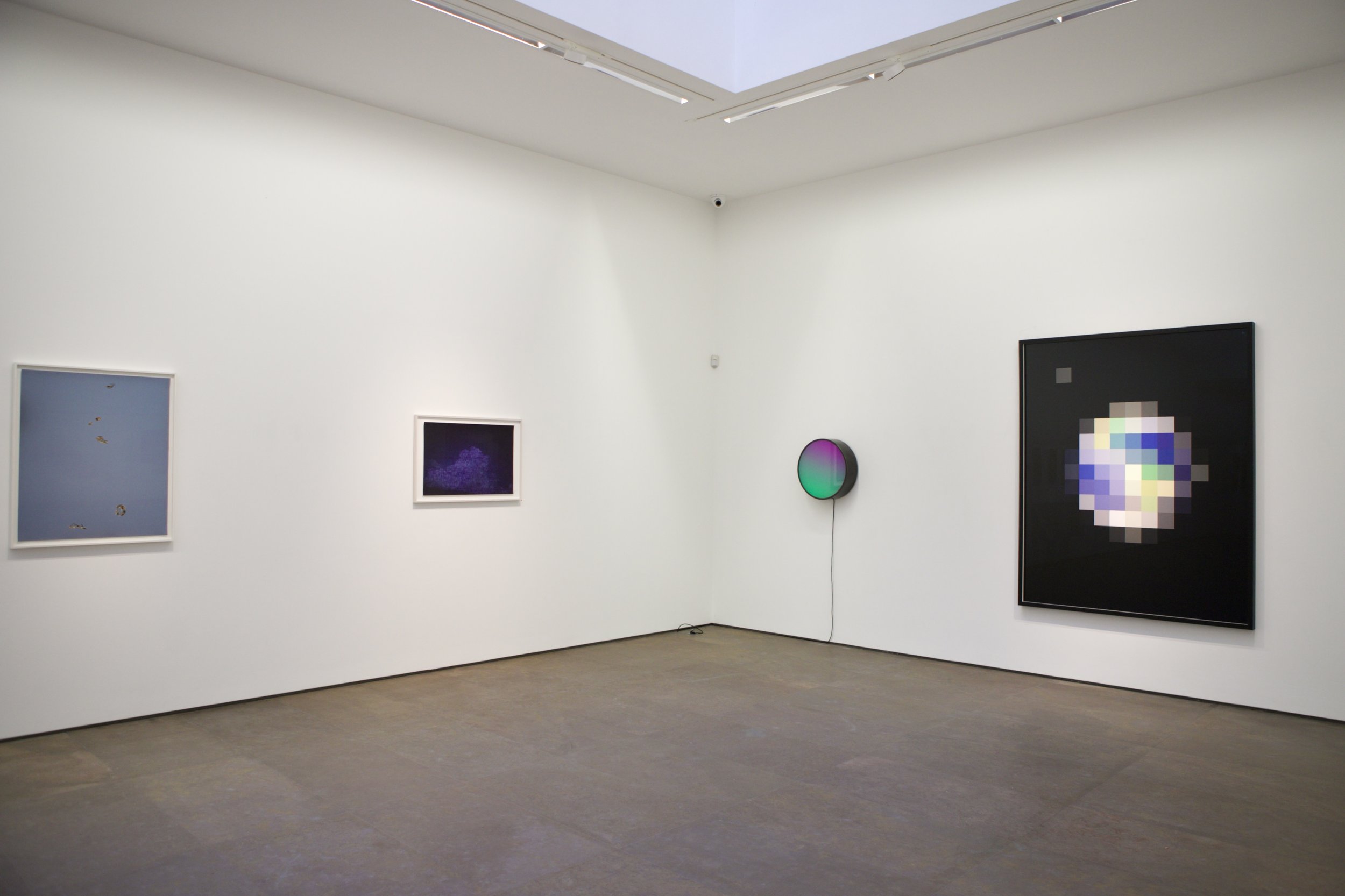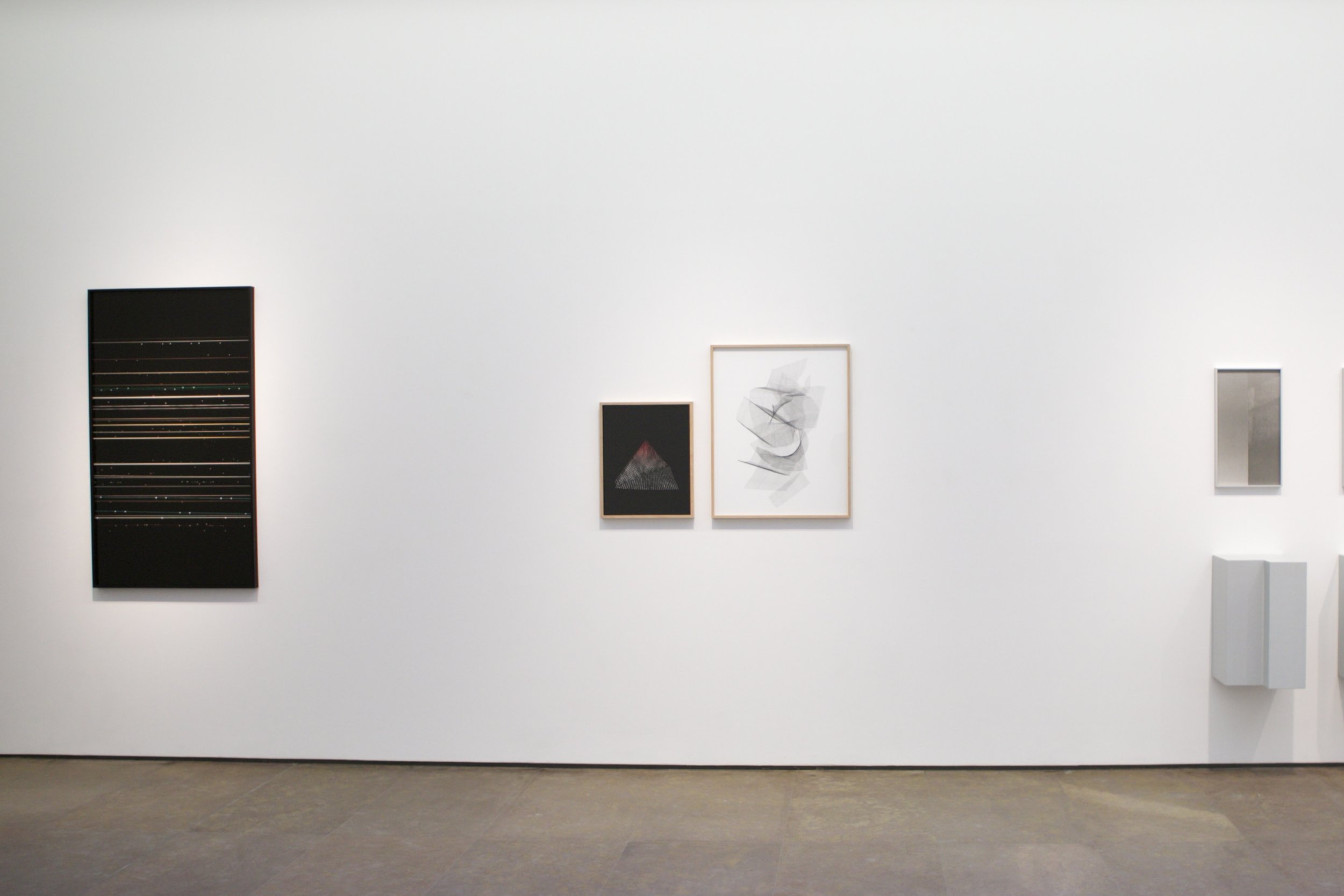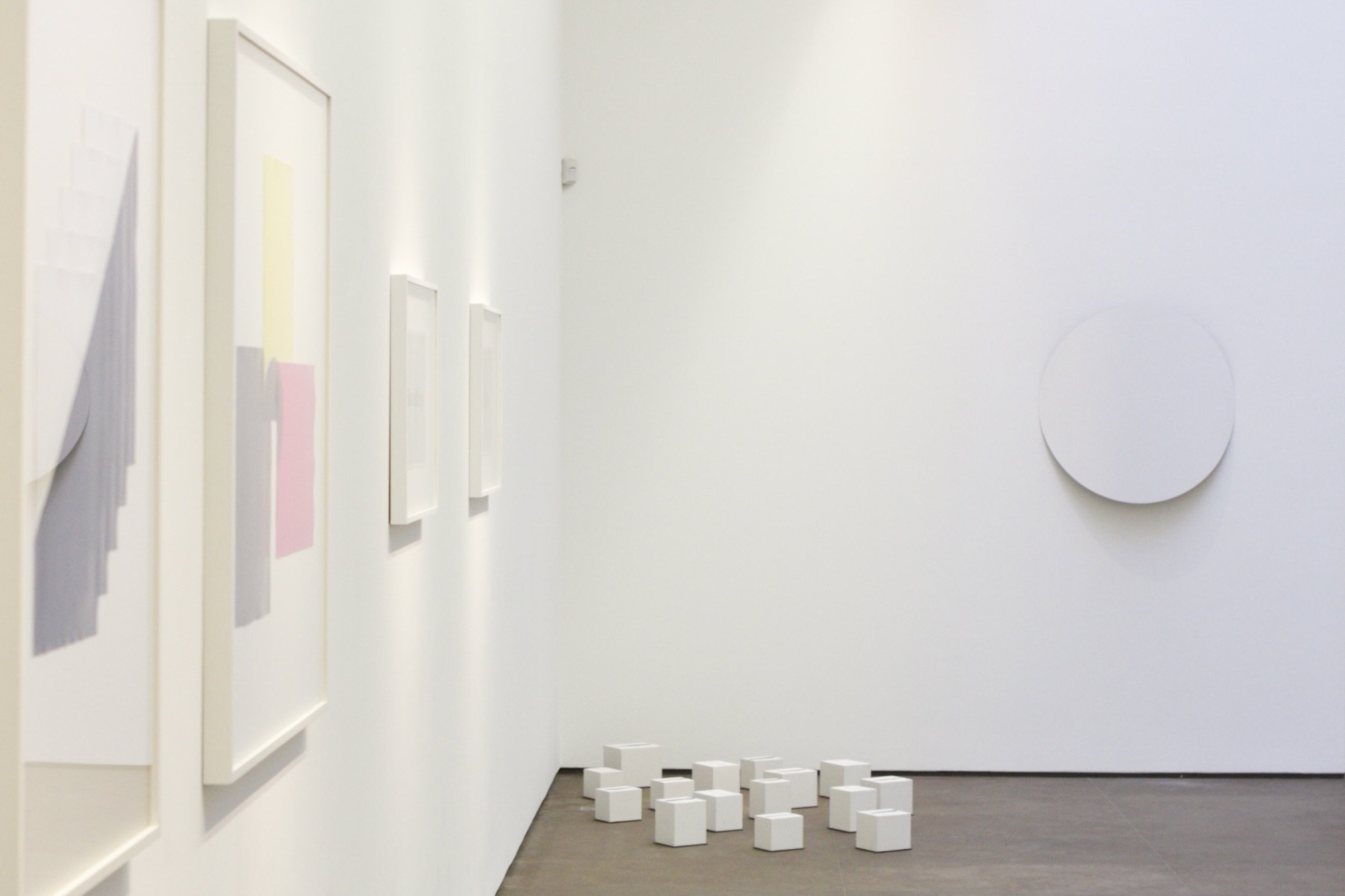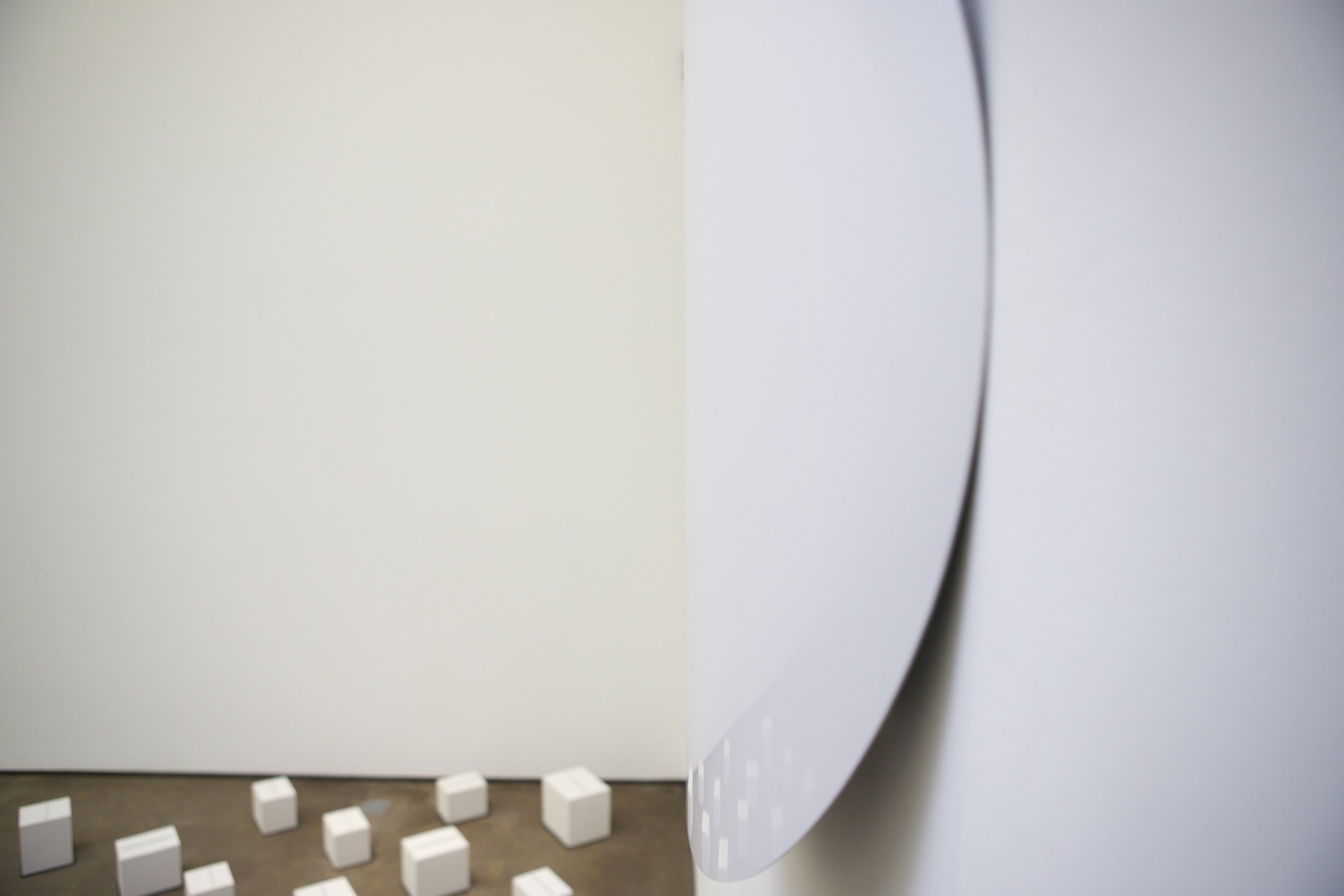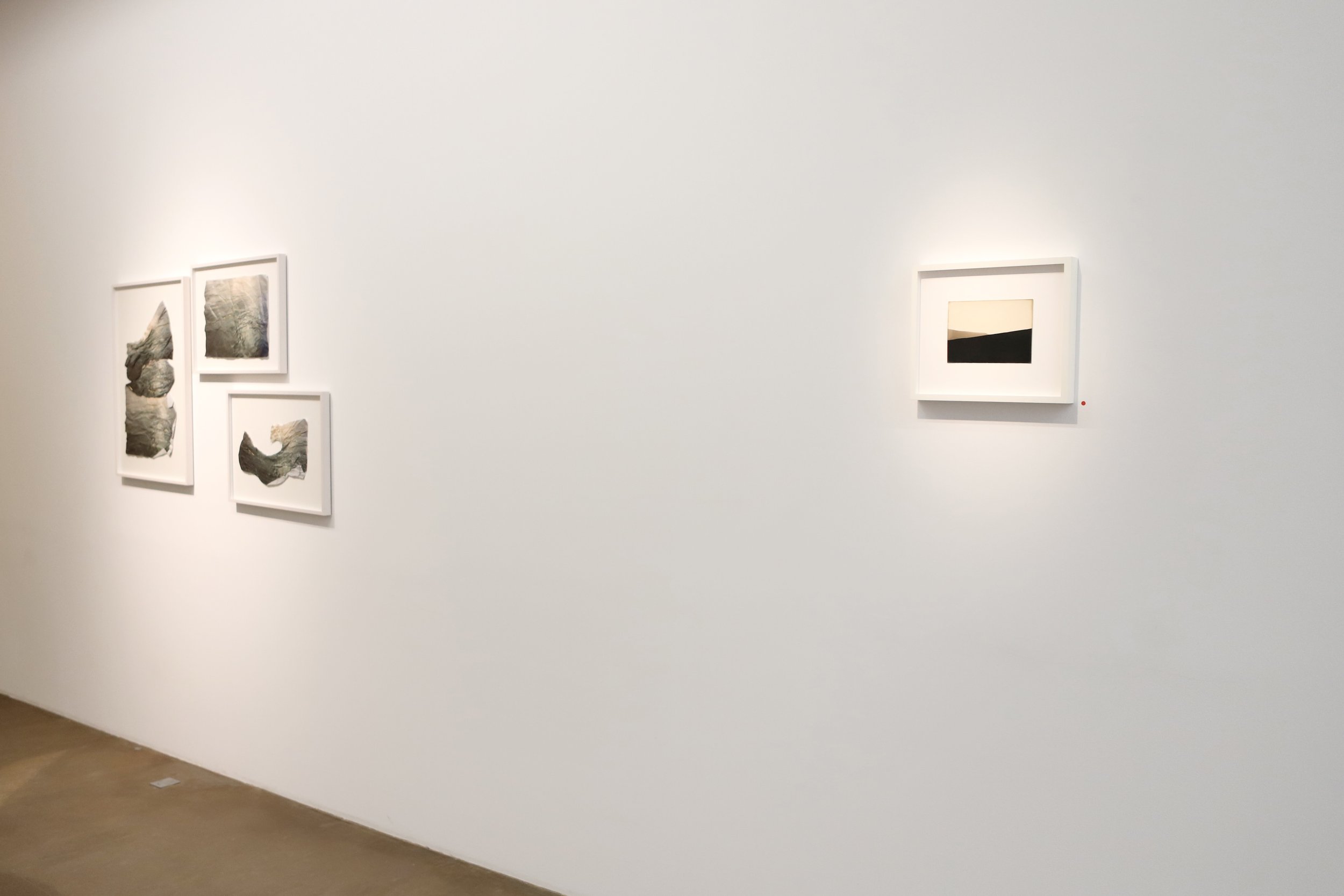GROUP SHOW • RADICAL PERSPECTIVES
EXHIBITION: 31 MARCH - 14 MAY 2022
OPENING: THURSDAY 31 MARCH 2022 (18H-21H)
What is photography? This question, which seems both simple and obvious at first glance, was the starting point for us in building this large-scale group exhibition. Ten artists, men and women from all horizons, and who, by their practice and the artworks they produce, challenge the preconceived ideas that one could have of photography.
How difficult could it be to give a definition of a photographic work when the artist, as art critic Marc Lenot once wrote, "does not use a camera, does not use a lens, does not make landscape or portrait images, does not consider the photograph as a representation of the world and does not submit to the rules of the photographic camera". The tone is set and opens the way to a new exhibition that is highly representative of the gallery's DNA, focusing on photosensitive contemporary art!
A succession of about fifteen unique pieces that challenges the commonly accepted definition of photography. In the works presented, the artists, whether invited or represented by the gallery, seem to take photography to places where it is not expected to be, to push it to its very limits.
Where American artist Alison Rossiter questions the process of shooting by looking at the richness of photosensitive papers, even going so far as to unearth and reveal papers dating back from over a century, the Iranian artist Morvarid K tends to desecrate the print instead, and especially its paper medium, sometimes by covering her prints almost entirely under several kilometers of fine lines made with the ballpoint pen, or by having a dancer wear some of her prints on her bare skin over a long period, as if she wanted to bring them back to life. The photographic paper is paradoxically sublimated and the act of making a print, traditionally confined to the darkroom, is deported or extended beyond its walls.
The definition of photography commonly accepted since Nicephore Niepce implies the fixing of the image. By choosing not to fix her prints, Italian artist Vittoria Gerardi is indeed looking at the very nature of photography, light and time, and explores the boundary between the visible and invisible elements that constitute a photograph.
But this exhibition is also about experimenting with the constituent elements of photographic language, its laws and structural variations. The images of Slovenian artist Aleksandra Vajd, prints that are precisely devoid of image, reverse our deepest certainties about photography. They explore the boundaries of the photographic medium to focus on the materiality of light. Other works, like those of Portuguese artist Fernando Marante, explore the effects of time in the construction of the photographic image. The images become maps of intentions, sorts of visual fingerprints of the decisions that are taken during the photographic process.
And what else could be said about the natural link between photography and technology? While technical progress has always been in the evolution of photography since its invention, it could be interesting to question the history of images and their process of creation, and show how photography can go against this technical progress, as does the image by Lionel Bayol-Thémines, which offers a view of the Earth and its Moon at the scale of one single pixel!
On the other hand, Thomas Paquet's ‘sculpture of light’ literally embraces new technologies, and focusses on the fundamental characteristics of photography to create a digital artwork, of which an NFT version will be launched as of April 13th, on the Danae.io. platform.
Photography can thus be dematerialized, denatured, decomposed, destructured to the point of focusing on its most literal definition, as does French artist Vincent Ballard in his lucid diptych. But it can also come in volume, photographic sculptures. Sculptures made more than twenty years ago by Yannig Hedel as a natural evolution of his own photographs, or yet again, Anne-Camille Allueva's wall sculpture, which challenges the ephemerality of an image, its reflection, and asks a fundamental question: would photography exist if its invention had not taken place?
An exhibition that shakes up our own certainties, questions and challenges both the visitors and photography itself.
EXHIBITION VIEWS
Additionally, you can visit the exhibition through a virtual tour clicking here.


